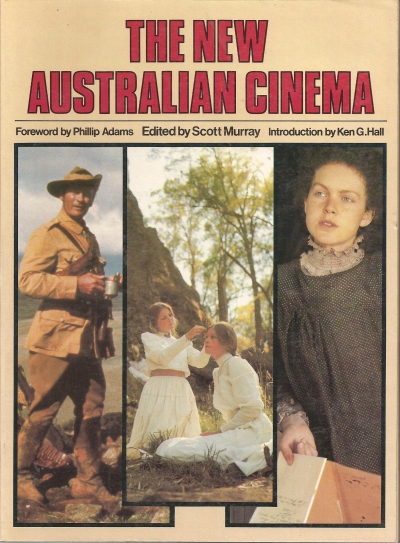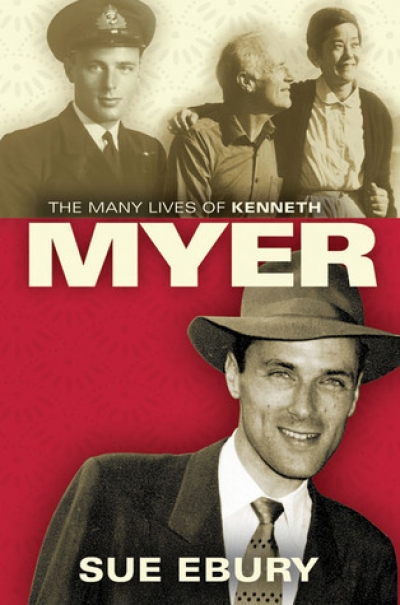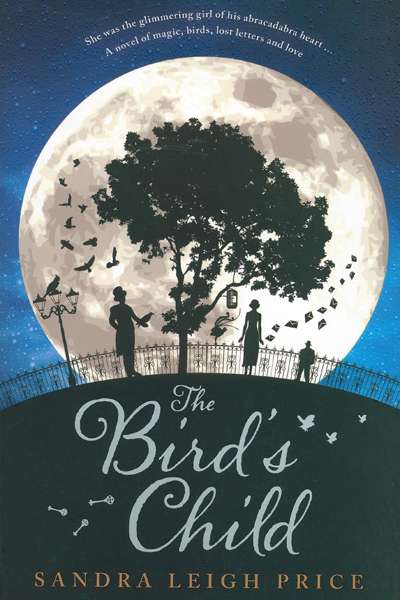Accessibility Tools
- Content scaling 100%
- Font size 100%
- Line height 100%
- Letter spacing 100%
Current Issue
Short story
'The Man I Should Have Married', a new story by Catherine Chidgey
I can’t remember when the man who is now my husband first told me he loved me. Was it when we drank cocktails at that windowless bar with the old train seats you could turn to face in either direction? We tried to go back once, but it had been replaced with a hardware store; we priced a set of outdoor furniture and bought some new wire for the clothesline to stop the super-king sheets from dragging on the lawn. Or did he tell me he loved me when I came to stay at his flat for the first time, when he was still living in Gore, within walking distance of the giant fibreglass trout and two doors down from his mother? She could see when he opened his bedroom curtains in the morning; sometimes she waved and held up her overweight dachshund, or shook a jar of Nescafé and mimed sipping from a cup. She still did Christopher’s washing for him, but only because there was no machine in his flat and it just made more sense than taking it to the laundromat, where anybody’s lint and hair and dead skin could end up on your tea towels. A push-up bra of mine found its way into the basket once, and she returned it washed and folded with the hooks done up. It lay on top of the pressed shirts and jeans, a pair of Christopher’s socks tucked into each cup. Was that when he said it? One morning in Gore, when we lay in his chilly bedroom beneath the poster of Abbie Cornish in Candy? I used to stare at Abbie Cornish when I couldn’t sleep. I knew I could never be her, with her collarbone and her upper lip. Even when I closed my eyes, she was still there.
Commentary
‘Too busy to have time for us’: Reflections on Australian Studies at Harvard
In 1976, the Australian government signed an agreement with one of the leading universities in the world, Harvard, to fund a visiting professorial position in Australian Studies. Originally conceived by the government of Gough Whitlam, the gift of US$1 million was a token of Australian goodwill to the United States on the bicentennial celebration of the American Revolution. Its purpose was to promote increased awareness and understanding of Australia by supporting teaching, research, and publication.
The ABR Podcast
PODCAST
The ABR Podcast
The ABR Podcast is released every Thursday and features reviews, poetry, fiction, interviews, and commentary. Subscribe via iTunes, Google, or Spotify, or your favourite podcast app.
Interview
Publisher of the Month with Sam Cooney
Interview
Open Page with Cassandra Pybus
Interview
Open Page with Sarah Sentilles
From the Archive
The New Australian Cinema edited by Murray Scott
The dilemma faced by the Australian film industry after a decade – and about fifty feature films – of revival is neatly put by the Foreword and the Introduction to The New Australian Cinema. One kind of pioneer, Phillip Adams, to whom some credit for the early impetus is due, has one kind of warning. ‘Our politicians, film corporations and investors are insisting on the need for commercial success in the U.S.’, he says, and reminds us of the reasons some of us thought an Australian film industry was important: ‘We needed to hear our own accent. We wanted our voice to be heard in the world.’ Another and earlier kind of pioneer, Ken G. Hall, speaking from the bitter experience of the immediate post-war years (when, as he says, ‘I made newsreels’) has the opposite warning; ‘There will be no enduring film industry in this country unless it is based on commercially successful films.’
From the Archive
The Many Lives of Kenneth Myer by Sue Ebury
What if Kenneth Myer, not Sir John Kerr, had been Australia’s governor-general in 1975? There would still have been storms in Canberra, but no intervention, no Dismissal. Readers of Sue Ebury’s fascinating biography of Myer (1921–92) may be tempted to play the ‘what if’ game, speculating on how Gough Whitlam might have used a full second term as prime minister.



























